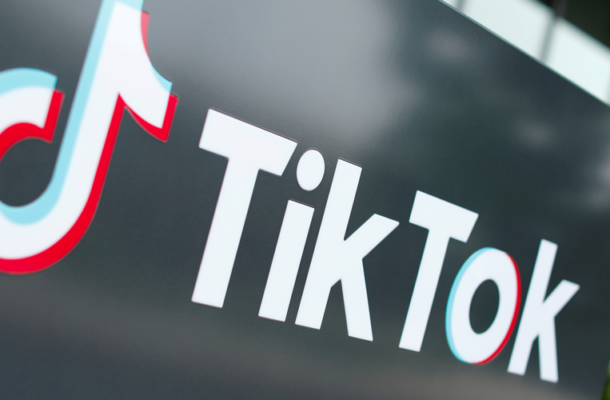New research reveals the mental health risks associated with TikTok's extreme weight loss content. Learn how these videos can damage self-esteem and c
New research reveals the mental health risks associated with TikTok’s extreme weight loss content. Learn how these videos can damage self-esteem and contribute to eating disorders.
Introduction: In a digital age where social media platforms dictate trends and ideals, TikTok has emerged as a powerful influence, particularly among young women. However, a recent study has uncovered a dark side to this seemingly harmless platform. The research, conducted by Charles Sturt University in Australia, highlights the significant mental health risks posed by extreme weight loss videos on TikTok. These findings serve as a stark reminder of the potentially damaging effects of consuming such content, even for brief periods.
The Hidden Dangers of TikTok: Mental Health at Risk
TikTok, with its short, engaging videos, has captivated millions of users worldwide. However, the platform’s algorithm, designed to keep users engaged, can sometimes lead them down harmful paths. According to the study from Charles Sturt University, watching extreme weight loss videos on TikTok can have an immediate and negative impact on mental health, particularly for young women.
The researchers discovered that less than 10 minutes of exposure to TikTok content promoting anorexia and extreme dieting could significantly damage self-esteem and foster unhealthy body image ideals. The study’s authors emphasized that these effects are not limited to those actively seeking out such content. Even casual users, who stumble upon these videos while scrolling through their feeds, are at risk of experiencing negative psychological impacts.
The Alarming Rise of Eating Disorders Linked to Social Media
The study’s findings are particularly concerning given the rising prevalence of eating disorders among young women. Social media platforms like TikTok have been identified as key contributors to this trend. The promotion of an “ideal” body image, often unattainable and unhealthy, is a recurring theme in many of these extreme weight loss videos. The researchers warn that this constant exposure to unrealistic body standards can lead to the development or exacerbation of eating disorders, a growing public health issue.
Calls for Stricter Regulations on Harmful TikTok Content
In response to these troubling findings, the authors of the study are calling for more stringent controls and regulations on TikTok content that promotes anorexia and other eating disorders. While some steps have already been taken, such as blocking hashtags like #anorexia, the researchers argue that more needs to be done to protect vulnerable users.
The study notes that despite efforts to curb the spread of harmful content, users often find ways to bypass these controls. This highlights the need for more comprehensive regulation and the development of robust systems to detect and remove dangerous videos before they can cause harm.
Protecting Mental Health in the Age of TikTok
As TikTok continues to grow in popularity, it is crucial for both users and regulators to be aware of the potential dangers lurking within its content. The study from Charles Sturt University serves as a wake-up call, urging a collective effort to safeguard mental health in the digital age. By understanding the risks and advocating for stricter content controls, we can help ensure that social media platforms like TikTok remain a safe space for all users.

COMMENTS